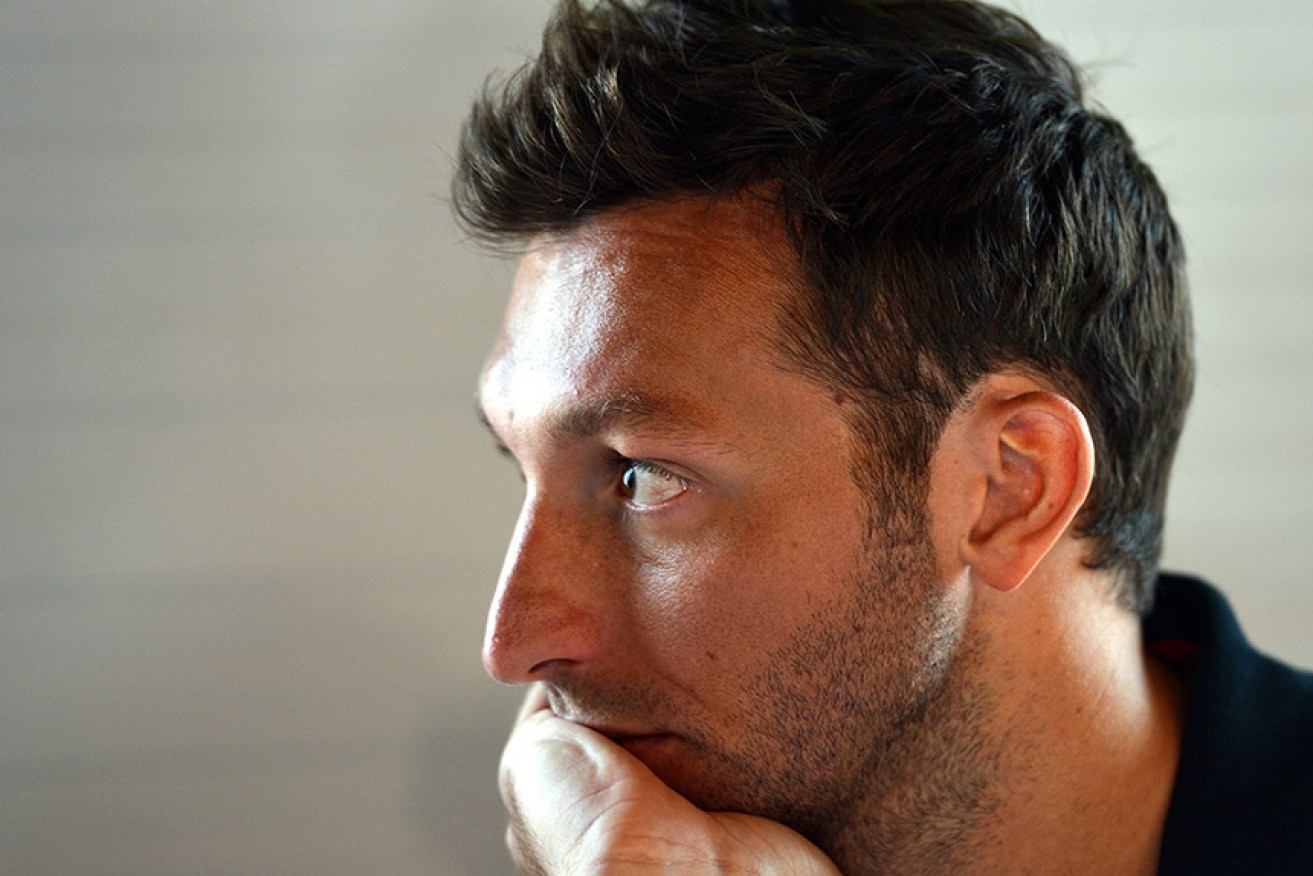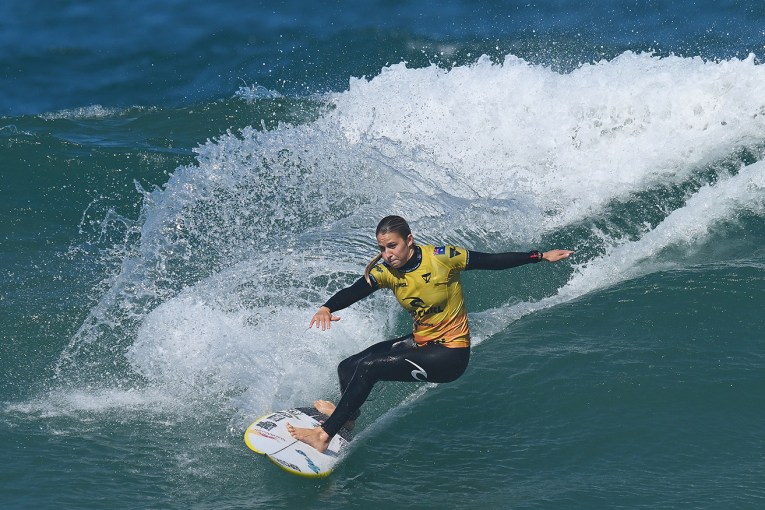Ian Thorpe ‘should be left alone’: biographer

Empathy is not a natural trait of mainstream media. It is rare to find a story in which journalists and their editors agree that sensitivity has a role to play and that publication of “news” is the secondary consideration to the welfare of the target.
Ian Thorpe should be such a case. If the media has any sense of responsibility for the life of one of Australia’s best-known and successful sportsmen then they should leave him alone.
The latest “crisis” is an apparently serious shoulder infection, which has hospitalised him in Sydney. The rash of stories placed him in Switzerland, in danger of losing his life or at least a limb and never swimming competitively again, much of it conjecture. It was, of course, also a great opportunity to raise sexuality, depression and competitive failure.
I helped Ian write his biography a year or so back. It began as a sort of diary of his attempt to resume his competitive career and ended as an unintended revelation of his personal battles. Despite obvious disappointment in the pool, he had achieved his mission to swim once more while facing up to the challenges of his real life.

This Is Me, the Ian Thorpe biography by Robert Wainwright.
I found a young man – he just seems older because he’s been in the public eye for so long – who possessed brain and brawn in equal measure; a unique sportsman who has the capacity to contribute as much out of the pool as in it.
But first he has to understand himself.
He has to catch up on the rest of his contemporaries who experienced “normal” life while he was churning up and down a swimming pool.
I was asked by several media outlets to write pieces when he was hospitalised for depression. I certainly felt strongly enough about what was being written and its impact but I decided against doing so because my view – that he should be left alone – might only fuel the discussion.
Journalists will probably argue that people like Thorpe and his management court the media when it suits them and so he can’t expect the privacy his craves. It’s a shallow argument. One size does not fit all.
If a celebrity wants publicity then the media outlet can make a decision on that issue. Likewise, if a celebrity crashes a car while drunk then, of course it justifies publicity but there is a broad line between poor behaviour of celebrities and issues of privacy. It’s called common sense.
Illness is one such example, and in particularly a depressive illness that a man has hidden for half his life. What is the justification for publishing versions of an obviously distraught man found sitting in a car? Public interest? Rubbish.
He is now 31 years old, with a long and potentially wonderful life ahead of him. But first, he has to catch up on the rest of his contemporaries who experienced “normal” life while he was churning up and down a swimming pool.
In many senses, he is just starting out in adult life. Let’s give him that space.
Robert Wainwright is the author of This Is Me, the authorised biography of Ian Thorpe, published by Simon & Schuster in 2012








